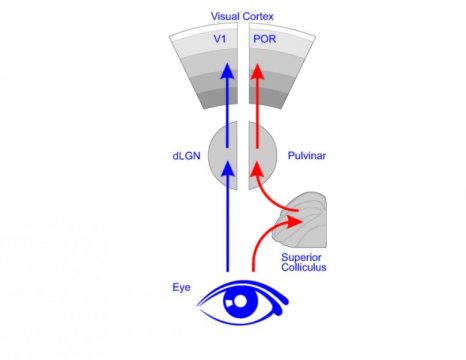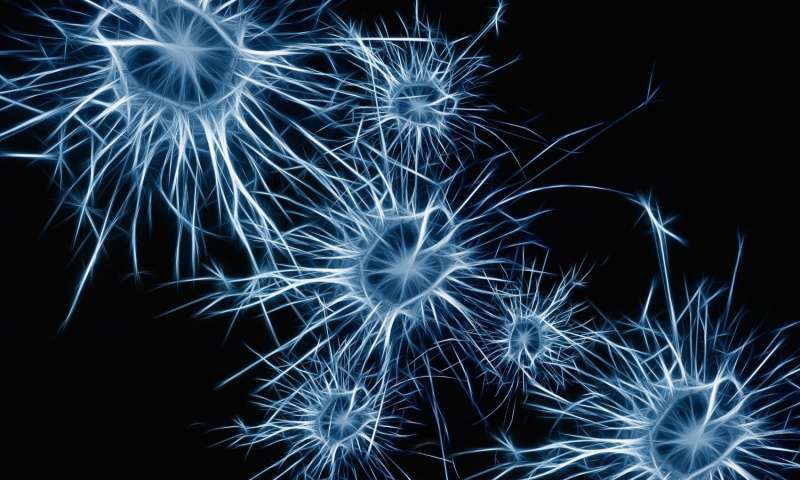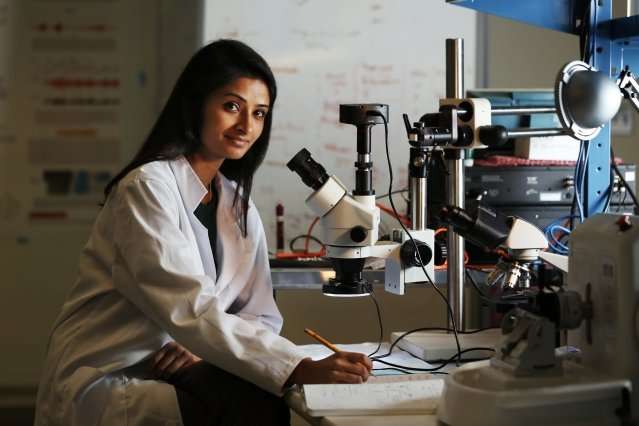It's no surprise to scientists that variety is the very essence of biology, not just the seasoning, but most previous studies of key brain cells have found little variability in a common cell process that involves how genetic information...
The visual system is probably the best understood part of the brain. Over the past 75 years, neuroscientists have assembled a detailed account of how light waves entering your eyes allow you to recognize your grandmother's face, to track...
The body of knowledge about the human brain is growing exponentially, but questions big and small remain unanswered. Researchers have been using electrode arrays to map electrical activity in different brain regions to understand brain function. Until now, however,...
Humans, like other animals, possess an enormous learning capacity that allows for the apprehension of new sensory information to master new skills or to adapt to an ever-changing environment. However, many of the mechanisms that enable people to learn...
For the first time, MIT researchers have shown that nerves made to express proteins that can be activated by light can produce limb movements that can be adjusted in real-time, using cues generated by the motion of the limb...
That moment when you step on the gas pedal a split second before the light changes, or when you tap your toes even before the first piano note of Camila Cabello's "Havana" is struck. That's anticipatory timing.
One type relies...
Tablets and other mobile computing devices are part of everyday life, but using them can be difficult for people with paralysis. New research from the BrainGate* consortium shows that a brain-computer interface (BCI) can enable people with paralysis to...
Why do we like the bitter taste of coffee? Bitterness evolved as a natural warning system to protect the body from harmful substances. By evolutionary logic, we should want to spit it out.
But, it turns out, the more sensitive...
Few things can delight an adult more easily than the uninhibited, effervescent laughter of a baby. Yet baby laughter, a new study shows, differs from adult laughter in a key way: Babies laugh as they both exhale and inhale,...
In order to learn about the world, an animal needs to do more than just pay attention to its surroundings. It also needs to learn which sights, sounds and sensations in its environment are the most important and monitor...
Artificial intelligence can help us to better understand the causes of religious violence and to potentially control it, according to a new Oxford University collaboration. The study is one of the first to be published that uses psychologically realistic...


















